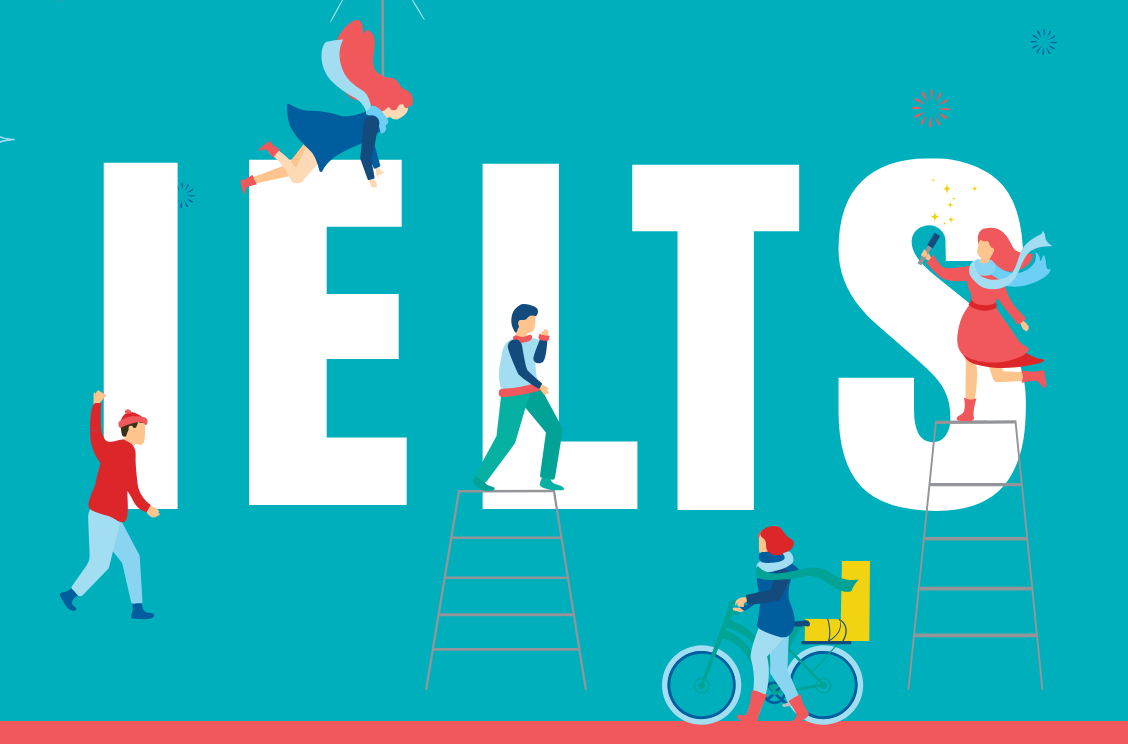The International English Language Testing System or IELTS measures language proficiency. IELTS is the world’s most popular and widely recognized English language test. Getting the desired IELTS score is necessary for those aspiring to study abroad. It is a prerequisite for university admissions in the UK and several other countries. Here are some ideas on how to succeed at IELTS.

What score do I need?
International student applicants must prove their ability to speak and write English. The minimum required IELTS band score can vary with the institution. Foundation-level courses at most universities generally require an IELTS score of 4.5. For bachelor’s and master’s degrees at most UK institutions, the requirement is band 6.5. Top-tier UK universities such as the University of Cambridge and Imperial College London ask for band 7.0. The condition can also vary with the course. For example, the University of Oxford requires an IELTS band of 7.0 for undergraduate and 7.5 for postgraduate programs.
How to prepare
The UK is home to vast communities of migrant professionals. Higher earnings enable these ex-pats to support their families back home with remittances sent as international money transfers. Success in IELTS is the first step towards employment-based immigration. Scoring IELTS band six and higher is challenging but not too difficult. The British Council is a cultural organization that promotes English in more than 100 countries. It offers courses for English language learners and teachers and specializes in overseas study opportunities. The British Council jointly runs the global IELTS certification. It recommends investing 90 hours or more in IELTS training or 1 hour daily for 10-15 weeks to get the target score. Here is a breakup of how to polish each of the four skills.
Listening
Some training institutes say that students struggle with IELTS listening tasks. Others find that this is the easiest skill to score a perfect 9. Online academies like IELTS Advantage and IELTS Ninja offer some ideas for listening tasks. Students should familiarize themselves with primarily three accents: American, British, and Australian. The IELTS exam includes a substantial section on listening. Familiarity with each of these accents is essential.
The best way to listen to UK accents is for students to tune into BBC radio or world news. YouTube and TED can be good resources for all accents. Many tutors suggest listening to recordings multiple times. However, the British Council recommends otherwise. It advises replicating ‘exam conditions’ wherein students listen to the audio just once before answering questions based on the audio.
Reading
A reading habit can be helpful for IELTS success. Students should actively enrich their vocabulary. Newspapers, magazines, and novels are good for this. IELTS Academy recommends reading contemporary literature. This can help students gain a strong understanding of sentence construction. The academy suggests students read prize-winning authors instead of bestsellers. Students must learn from resources with exemplary grammar and sentence construction models. Books from Toni Morrison, Kazuo Ishiguro, and Paul Auster are good options. However, reading for leisure is not the same as IELTS prep. Here again, students must replicate exam conditions. Read for comprehension and build-up speed. Remember that the exam has a time limit.
Writing
Writing is considered more difficult to excel in because it is productive. Unlike reading, where passive vocabulary helps, writing demands creativity. This is where keen listening and reading pay off. Recycle words. Use the language absorbed from books and videos. Vary the length of sentences. Be sure to use correct punctuation. Avoid excessive use of adverbs and superlatives. The British Council has several short videos on how to improve writing. It offers online mock tests for students to evaluate their writing skills and track progress. IELTS Academy suggests working towards writing in the ‘academic’ language. After all, IELTS is for university admissions.
Speaking
Speaking fluently requires skill and practice. Feedback is important. IELTS Advantage advises involving a friend who is proficient in English. FutureLearn suggests going a step further. Students should be ‘thinking in English’ and not just speaking. Most learners begin by mentally translating from their first language to English before speaking. Fluency is hard to achieve with this approach. Unlike writing, speaking must be spontaneous. There is no time for edits. Speaking is also the most used language skill in the real world. Students must take every opportunity to practice their English speaking.
Hemant G is a contributing writer at Sparkwebs LLC, a Digital and Content Marketing Agency. He loves to travel, scuba dive, and watch documentaries when he’s not writing.
